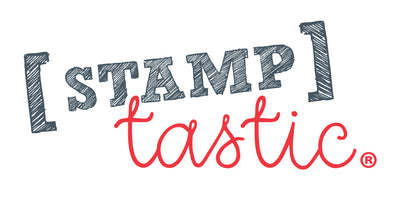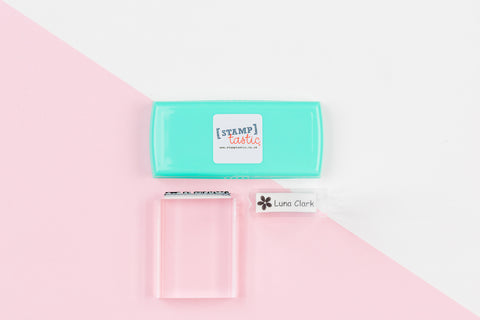You wake up, check your mobile, brush your teeth, comb your hair, button your shirt, zip your jeans, eat your breakfast, tie your laces…and that’s only the start of the day! So many daily tasks require fine motor skills that it’s no wonder we take them for granted and just forget how vital they are. You’ve most probably heard the expression ‘fine motor skills’. But just what are they? And why are they so important?
What are fine motor skills?
These are the coordination of movements using the small muscles of the body usually in our hands, wrists, fingers, toes and feet. The synchronisation of hands and fingers with the eyes are ultimately controlled by the nervous system. Tasks such as using scissors, pencils, constructing with bricks, fastening buttons and peeling a satsuma all require fine motor skills. Our complex levels of manual dexterity significantly influences both the quality and speed of task performance.
What skills do fine motor skills incorporate?
Academic skills
– Scissor skills with cutting (make sure you buy left handed scissors if your child is left handed!)
– Pencil skills with scribbling, drawing, colouring and letter writing
Play
- Construction skills using bricks, jigsaws, train tracks
- Dressing skills using dolls, figures and dressing up
- IT skills
Self-Care
- Dressing to include fastenings on shoes, coats, clothing- Eating involving using cutlery, peeling fruit, opening containers- Hygiene including brushing teeth and toiletingWhy are fine motor skills important?
A child with good fine motor skills is able to perform both everyday and academic tasks well. If a child is unable to do these everyday tasks, it can affect their self-confidence, academic performance, limit play options and ability to develop self-care and independence skills.
The great news is if you’d like to help strengthen your child’s fine motor skills this summer, there are lots of simple activities that are both fun and good for their development.
What types of outdoor activities and learning opportunities can you provide?
Mark making - Mark making is not just pencils and paper! Let’s get children outside with a box of chunky chalks and doodle with them. Large sheets of wallpaper are ideal or children can get just as much fun doodling on garden paths and a bonus rain shower washes it all away too! Using toys such as cars, trains, animals or dinosaurs children can use their imagination to chalk or mark tracks, stations, pens, signs, arrows and pathways the options are endless. This creative activity develops fine and gross motor skills and provides the opportunity for making, downward, upward, anti-clockwise and clockwise marks which are all valuable pre-writing skills.
Patterns and pictures with natural materials
This is such a lovely, hands-on way to discover and explore the world around us. Use shells, pebbles, cones, leaves, bark, driftwood to make large scale patterns and pictures.
Spray bottle races
A great activity whilst the paddling pool is out is to give them empty plastic to fill with water and get them to spritz water at floating bathtub toys to get them to move and race across the pool.
What types of indoor activities and learning opportunities can you provide?
Play-dough
A humble ball of homemade play dough is a personal favourite tool for developing all fine motor skills. It is quite simply so versatile! Little hands are strengthened as they roll, pinch, squeeze, twist, mould and shape.
Building with Duplo, Lego and bricks
Construction offers the most open ended opportunities for children to design and create imaginative structures. Try and include both natural and manufactured materials in their play. Constructing requires hand-eye coordination, muscle control and strength, dexterity and balance.
Threading
Threading beads requires concentration, thinking skills, develops the pincer grasp and naturally strengthens the hand muscles that are crucial for holding a pencil. Pipe cleaners are ideal as they are easy to hold and retain their shape during threading. The ends can be twisted and can they can be manipulated into any shape. Try threading Cheerios to make hanging bird feeders.
Please check out our Fine Motor Skills Activity Card and Starting School Free Resources for lots more FUN!
Stamptastic in partnership with Jo and Lisa, look forward to taking you on this journey to support your child develop the necessary skills to feel smart and confident from day one at BIG school.
GET YOUR PERSONALISED STAMP FOR SCHOOL UNIFORM HERE
Other blog posts you may find useful:
Everything You Need To Know About School Uniform For Back To School
Starting School: The Top Ten School Uniform Tips
Starting School: The Back To School Uniform Checklist
Stamptastic: The Ultimate Parent Hack
Starting Primary School: Introduction
Stamptastic Starting School Series: Meet The Experts




0 comments